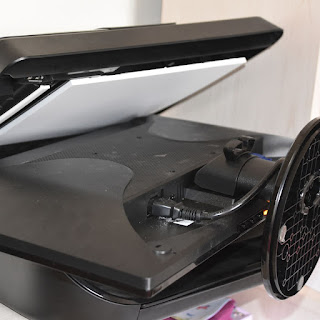How does your organization help build collegiality among employees?
At my kids' school they do it in the Lower and Middle School with Family Groups, and in the Upper School with Houses (just like in Harry Potter, complete with a year-long House Cup competition).
Each Family Group or House is comprised of a cross-grade mix of students. The goal is to build school spirit, classmate and faculty camaraderie, and student leadership skills.
One of the Middle School's best traditions is Community Building Days, two days of non-academic activities shortly after the start of the school year to help everyone get to know one another better. It always takes place on the Thursday and Friday of the second week of school (yesterday and today), and the entire Middle School sleeps over at school on Thursday night.One additional rite of passage for the middle schoolers is what's known as "Gr8 Night." They sleep over at school for one additional night, the Wednesday night leading into Community Building Days, to further build their leadership skills and to decorate the Middle School in preparation for the arrival of the 6th and 7th graders the next day.
Yesterday morning, the 8th graders welcomed everyone driving onto campus (that's Donovan, in yellow on the left). He looked excited and happy, (relatively) well rested, and ready to tackle what the faculty has to throw at him over the next two days. I can't wait to hear all about it.
Employers, what are you doing to help build camaraderie and collegiality among your employees? The past two and a half pandemic years have been rough on workplace morale and teamwork. I'm curious to learn what you're doing to help bring back some of the sense of "team" that the pandemic and remote work stole from us? Drop a note in the comments below and I'll share some the best or more interesting ideas in a future post.
Here's what I read and listened to this past week that I think you should be reading and hearing, too.






